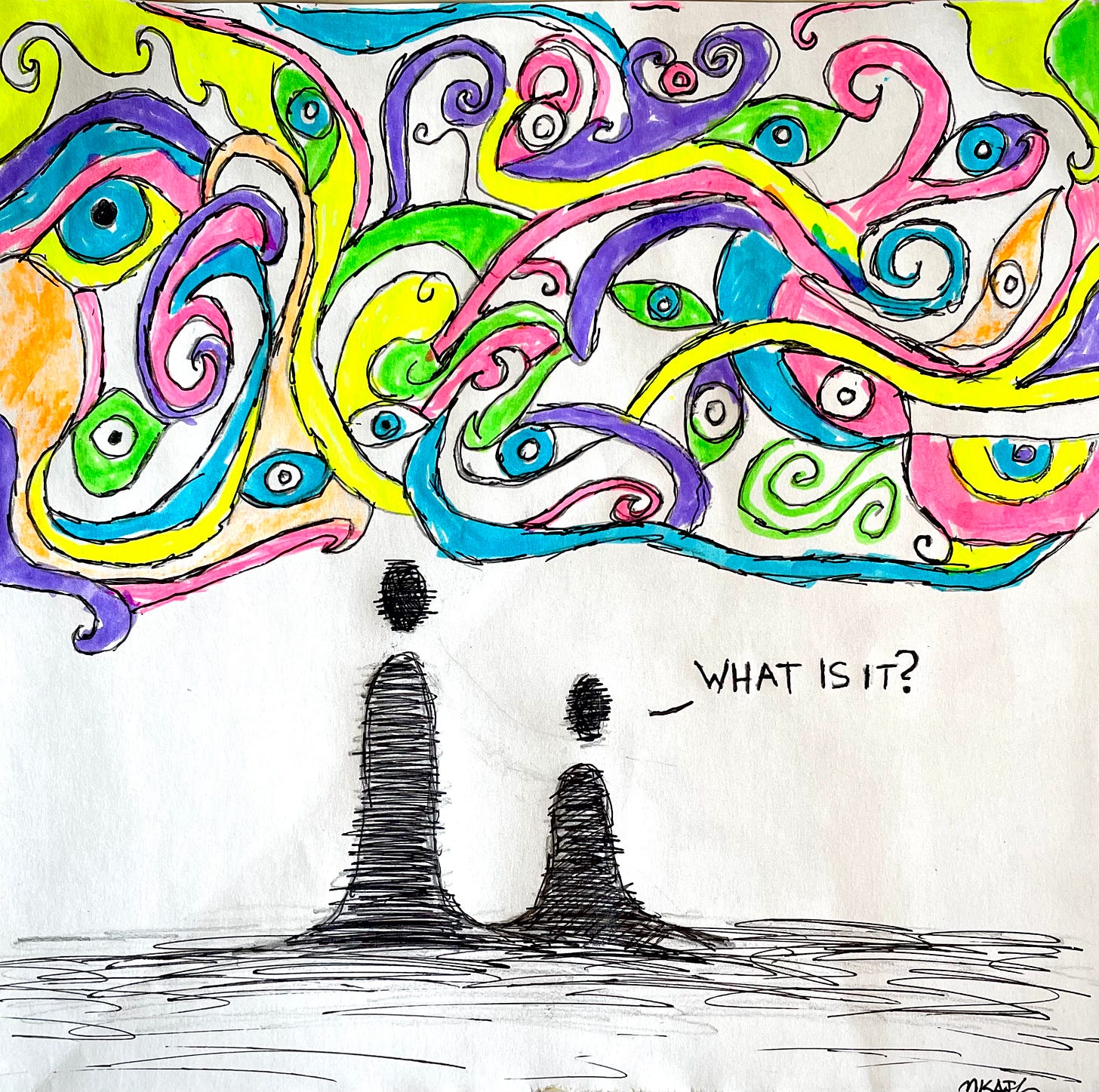Zero people know what will happen in the next 10 years
A thousand paths diverged in a yellow wood
This post is about AI. If you’re sick of hearing about AI, don’t read it.
Lots of people are making predictions right now. CEOs, researchers, politicians, every single Twitter user. Everyone’s got something to say about AI and how it will surely change the world. I’ve made many such breathless predictions myself. Speculation isn’t inherently harmful, but it can be taken too far.
The vast majority of long-term predictions are wrong, and the future consistently embarrasses those who claim to see it. The longer-term the prediction, the more likely it is to be wrong. This does not mean it is impossible to make good long-term predictions — but they are extremely rare. Moore’s Law, for example, lasted a long time before breaking.
Vague, near-term predictions are easier to make. For instance,
A neural network better than GPT-4 will be trained in the next 3 years
is a pretty sure bet. There are clear trends to back it up, and there are massive economic incentives behind it. Whether it’s OpenAI or someone else, a GPT-4 killer will arrive in the near future.
What’s harder is predicting the impact of such a network. We can’t even predict the impact of GPT-4 yet, and it’s been publicly available for over a month now! GPT-4 could end up being every bit as gamechanging as the LinkedInfluencers say it is, or it could hit a ceiling next week and remain a “cool demo” for the rest of its life. I think it’ll land in between those extremes. As for the impact of GPT-5+? Heck if I know. It’ll probably be a big deal, but what kind of big deal is impossible to predict.
Another thing I’m uncertain about is how the Internet will change with the introduction of AI generated content that’s indistinguishable for human-made content. The pope wearing a poofy coat is only the tip of the iceberg here. As image, video, and music generation models start passing the Turing test more and more often, what happens to online culture? Will someone figure out some ingenious and unbeatable verification tech that allows people to verify their content as human made? Or will it become legitimately impossible to tell if anything online is real or not? Will people even care if the content they consume is real or not? Could there potentially be a movement to spend less time online and more time IRL? I don’t know.
Nobody knows the answers to any of these questions. Not me, not Andrej Karpathy, not Joe Biden, nobody. Even Hank Green doesn’t know the answers, and he knows the answers to lots of questions!
If there is one thing we can learn from the retrofuturism of the 1950s, it’s that people have been confidently wrong about the future for generations. Sure, there will be folks heralded as prophets 30 years from now when their predictions from 2023 all come true, but it is impossible to know who those folks are here and now.
This post was short and aimless, but I felt I needed to express this sentiment. Enjoy living in the present. Knowing the future is impossible and it’s not worth losing your mind over.
Thanks for reading.


